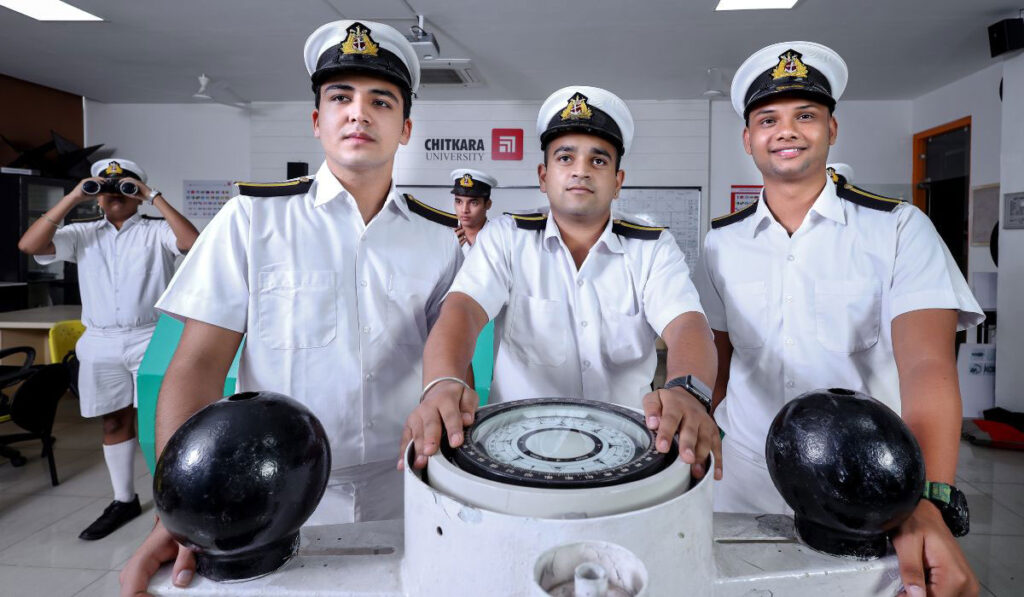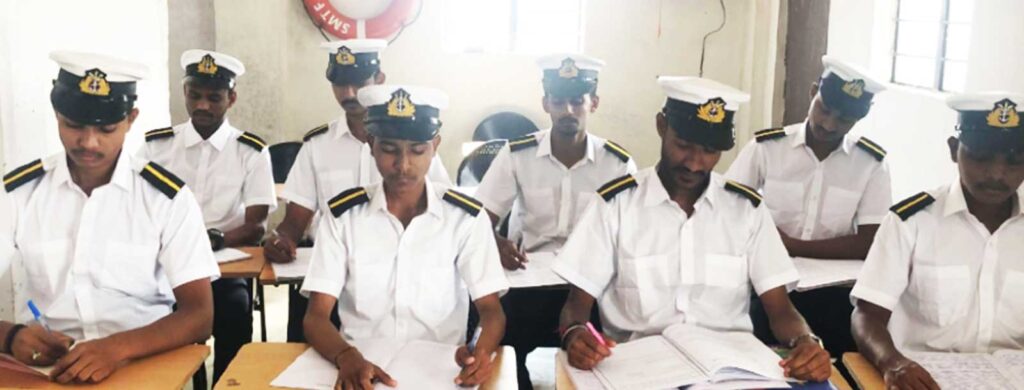Embark on a journey towards a fulfilling and successful maritime career with a GP Rating Course. If you’re passionate about the sea and eager to explore exciting career opportunities in the maritime industry, then this course is for you.
In this blog, we’ll dive into the general details of GP Rating Courses to help you make informed decisions about your career path. For enrollment or more information about GP Rating Courses, please contact us at +918368031394.
Table of Contents
Understanding GP Rating Courses

The GP Rating, or General Purpose Rating, is a six-month program that serves as the stepping stone for a career in the Merchant Navy.
This course equips students with the foundational knowledge and practical skills needed to work on ships.
Through the program, aspiring sailors gain a comprehensive understanding of maritime operations, safety procedures, and essential ship maintenance tasks. GP Ratings play a vital role in keeping vessels operational.
They are responsible for:
- Maintaining the ship and its equipment
- Ensuring the ship runs smoothly and that everyone onboard can perform their duties safely and efficiently.
Course Curriculum:

The GP Rating course equips you with a comprehensive skillset for a maritime career. Here’s a closer look at the key subjects you’ll encounter:
1. Maritime Safety Procedures and Regulations
- Understanding international maritime regulations like SOLAS (Safety of Life at Sea) and MARPOL (International Convention for the Prevention of Pollution from Ships).
- Learning lifesaving procedures, including proper use of lifeboats, life rafts, and firefighting equipment.
- Mastering emergency response protocols for situations like abandon ship drills, medical emergencies, and fire outbreaks.
2. Ship Maintenance and Handling
- Gaining knowledge of different ship types, their components, and functionalities.
- Learning proper maintenance routines for deck equipment, hatches, winches, and cargo holds.
- Understanding the basic principles of ship stability and safe cargo handling procedures.
3. Navigation Techniques
- Mastering basic navigation skills using charts, compasses, and sextants (in some programs).
- Learning to interpret weather charts and navigate using electronic navigation systems like GPS and radars.
- Understanding basic watchkeeping procedures and lookout duties.
4. Cargo Operations
- Familiarizing yourself with different cargo types and their safe handling procedures.
- Learning about cargo securing methods, lashing techniques, and proper loading/unloading operations.
- Understanding cargo documentation and international maritime trade regulations.
5. Emergency Response and Crisis Management
- Developing skills for fire prevention, firefighting techniques, and the use of firefighting equipment.
- Learning search and rescue procedures, first aid techniques, and basic medical care onboard.
- Training in emergency response plans for various scenarios like collisions, groundings, and medical emergencies at sea.
6. Basic Medical Care Onboard
- Understanding first aid principles, CPR techniques, and the use of onboard medical equipment.
- Learning how to handle minor illnesses and injuries at sea.
- Recognizing the importance of hygiene and sanitation onboard ships.
7. Communication Skills
- Mastering maritime communication protocols using VHF radios and GMDSS (Global Maritime Distress and Safety System).
- Understanding maritime terminology and abbreviations used in shipboard communication.
- Developing strong interpersonal and teamwork skills for effective collaboration onboard.
8. Maritime Law and Regulations
- Gaining an overview of key maritime laws governing international trade, pollution prevention, and crew rights.
- Understanding the basic principles of maritime contracts and cargo liabilities.
- Recognizing the importance of adhering to international maritime regulations for safe and responsible seafaring.
Preparing for Sea: Skills and Drills You’ll Master

The GP Rating course provides a well-rounded introduction to working on merchant ships. You’ll be trained in both deck and engine room tasks, making you adaptable to different roles on board.
Here’s what you can expect:
Combined Syllabus: Learn essential skills for both deck and engine operations, including cargo handling, seamanship, machinery maintenance, and general deck upkeep.
Hands-on Training: Develop practical abilities through activities like:
- Physical drills
- Rope and mast climbing
- Swimming
- Firefighting exercises
- Using life-saving appliances
- Workshop training
- Ship visits
This comprehensive program gives you a realistic taste of life onboard, preparing you for a rewarding career at sea.
Eligibility

Education
- Completed 10th standard in India with at least 40% marks, including English at 40% or higher.
- OR Completed 12th standard (any stream) with minimum 40% marks and 40% in English.
- OR Graduated from a 2-year ITI course approved by DVET/NCVT with at least 40% overall marks.
Age
- Generally, you must be between 17.5 and 25 years old when the course starts.
- If you have a diploma or degree, the age limit is extended to 27.
- For candidates belonging to Scheduled Caste (SC) or Scheduled Tribe (ST), the age limit can be relaxed up to 30 years old.
Medical Fitness
- You need to be physically healthy for sea service.
- You’ll need to pass a medical exam based on standards set by the Director General of Shipping.
- Good vision is important! You can wear corrective lenses, but your eyesight cannot be worse than 6/6 in each eye (without correction).
- Color blindness is not allowed.
Career Opportunities:
Upon completion of a GP Rating Course, graduates have access to a wide range of career opportunities in the maritime industry.
Some common career paths include:
- Deckhand
- Able Seaman
- Ordinary Seaman
- Deck Rating
- Engine Rating
- Steward
- Messman
Benefits of Pursuing a GP Rating Course:
The GP Rating course unlocks a treasure chest of benefits for those seeking a fulfilling career at sea. Let’s delve deeper into each advantage:
Entry-level access to the maritime industry:
This course serves as your springboard into a world of maritime opportunities.
With the foundational knowledge and skills acquired, you’ll be qualified for entry-level positions on merchant ships, opening doors to a dynamic and exciting career path.
Opportunity to gain practical experience and hands-on skills:
The GP Rating program goes beyond theory. You’ll gain invaluable practical experience through workshops, simulations, and even ship visits.
This hands-on approach allows you to refine your skills in areas like cargo handling, ship maintenance, and emergency response, making you a valuable asset on board.
Potential for career advancement and specialization:
The maritime industry offers a clear path for career progression. As you gain experience and qualifications, you can move up the ranks, taking on supervisory roles or specializing in specific areas like navigation, engineering, or cargo operations.
The GP Rating course equips you with the basic knowledge to explore various specializations within the maritime field.
Globally recognized certification:
Upon successful completion of the GP Rating course, you’ll receive a globally recognized certificate. This certification acts as your passport to a career at sea, allowing you to work on merchant ships operating internationally.
The skills and knowledge acquired are valuable assets, regardless of the country or company you choose to work for.
Competitive salaries and benefits:
Working in the maritime industry can be financially rewarding. Many positions offer competitive salaries, along with attractive benefits packages that may include health insurance, paid leave, and travel allowances.
The earning potential can increase significantly as you gain experience and move up the career ladder.
Opportunity for travel and exploration:
A career at sea is an adventure in itself. You’ll have the chance to travel the world, visiting new ports and experiencing diverse cultures. The GP Rating course equips you with the skills and knowledge to navigate this exciting world of maritime travel.
GP Rating Course Fee
Investing in your education is an investment in your future. The course fees for GP Rating Courses may vary depending on factors such as the training institute, course duration, and facilities provided.
However, many institutes offer competitive fees and flexible payment plans to make education accessible to aspiring seafarers.
Conclusion
In conclusion, the GP Rating Course is your gateway to a fulfilling career on the open seas. It equips you with the knowledge and skills to excel in various maritime roles, opening doors to exciting opportunities for professional growth, travel, and adventure.
If you’re driven by a passion for the sea and a desire to build a rewarding future, set sail on your maritime journey with our GP Rating Course today. Contact us at +918368031394 to learn more and take the first step towards a successful career at sea!
